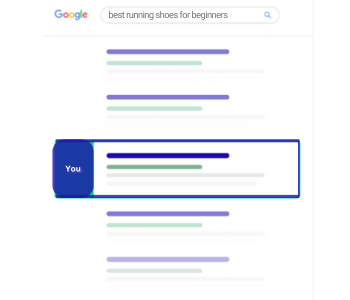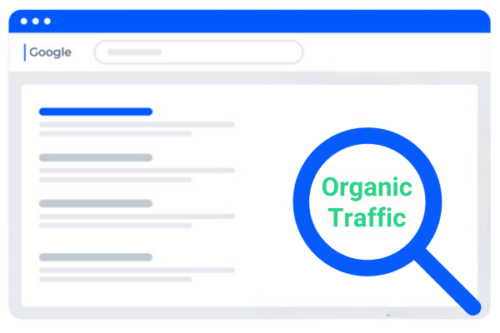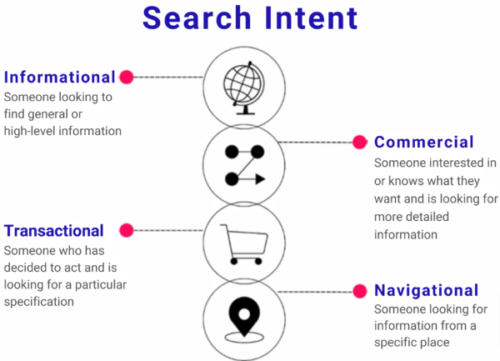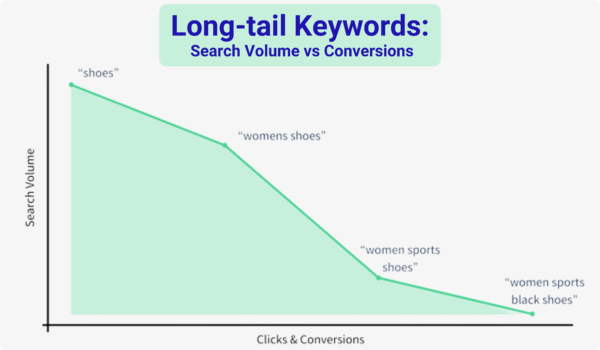Last Updated: August 25, 2025

In today’s digital age, search engines like Google, Bing, and Yahoo dominate online traffic. Websites, blogs, e-commerce platforms, and even social media profiles rely on SEO (Search Engine Optimization) to boost their visibility. A cornerstone of SEO is keyword research, a practice that reveals the terms and phrases your target audience uses when searching online.
In this blog, we’ll explore the purpose of keyword research in SEO, why it’s indispensable, and how it helps your website thrive in search engine rankings.
What is keyword research?
Keyword research is the process of discovering, analyzing, and selecting the most relevant and effective words or phrases that users type into search engines. These keywords shape the backbone of your SEO strategy, influencing everything from content creation to website optimization.
How it works:
- Discover keywords: Use tools like Google Keyword Planner, Ahrefs, or SEMrush to identify keywords your audience is searching for.
- Analyze search volume & competition: Assess how often a keyword is searched for and how competitive it is to rank for.
- Select relevant keywords: Focus on terms that align with your content, target audience, and business goals.
Example: If you run a bakery, terms like “gluten-free cakes,” “custom birthday cakes near me,” or “best wedding cakes” could be valuable keywords to target.
Why is keyword research crucial for SEO?
Keyword research is the foundation of any successful SEO strategy. It helps ensure your website aligns with what your audience is searching for. Without it, creating an effective SEO plan is like navigating without a map. Below are the primary reasons why keyword research is indispensable:
1. Improves search engine visibility

Search engines like Google rely on keywords to determine what your website is about. By optimizing your site for the right keywords, search engines can understand your content better and rank it accordingly. When you target the right keywords, your website is more likely to appear in relevant search results, leading to better visibility and higher rankings.
Example: If you’re targeting “best running shoes for beginners,” ensure your page title, meta description, and headings include the term. Also, create content answering related questions like “What features should beginners look for in running shoes?”
Tip: Use tools like Yoast SEO or RankMath to optimize your content for specific keywords.
2. Helps you target the right audience

Keyword research allows you to focus on the terms and phrases that your target audience is actively searching for. By aligning your content with these keywords, you’re more likely to attract users who are genuinely interested in your products, services, or information. This ensures that the traffic coming to your site is relevant, increasing the chances of engagement and conversions.
Example: If a lot of users search for “how to bake sourdough bread,” create a blog post or video tutorial to capture that audience.
Tip: Prioritize keywords with a clear intent that matches your offering. For instance, “buy hiking boots” has transactional intent, indicating a user ready to purchase.
3. Guides content creation

Keyword research provides the foundation for your content strategy. By identifying popular keywords, you can create content that directly answers your audience’s queries. This ensures that your content is valuable and highly relevant, leading to higher rankings and better user engagement. For example, if your research reveals that a lot of people are searching for “how to choose a mattress,” you can create a blog post or guide around that topic to provide solutions and drive traffic to your site.
Example: If your research shows users searching for “how to improve sleep quality,” you could write a guide titled, “10 Proven Tips to Sleep Better Tonight.”
Tip: Use question-based keywords to structure blog posts around user queries, such as “What are the best exercises for beginners?”
4. Increases organic traffic

By targeting keywords with good search volume and relatively low competition, you increase your chances of ranking higher in the search results, leading to more organic traffic. Keywords are the key to attracting visitors who are actively looking for what you offer, and ranking well for the right keywords can bring a steady flow of qualified traffic to your site over time.
Example: Instead of targeting “best laptops” (highly competitive), focus on long-tail keywords like “best laptops under $1,000 for students.” These terms are more specific and easier to rank for.
Tip: Use Google Trends to analyze keyword popularity over time and adjust your strategy accordingly.
5. Improves user experience

When you create content based on keyword research, you’re essentially aligning your site with what users are searching for. This results in more accurate, relevant content that meets their needs, improving their experience on your website. By delivering exactly what your audience is looking for, you increase engagement, reduce bounce rates, and build trust with your visitors.
Example: If someone searches for “how to make vegan lasagna,” and your recipe provides clear instructions, nutritional facts, and a video tutorial, you’ll likely retain the user.
Tip: Structure your content with clear headings and bullet points for easy readability.
6. Provides a competitive edge

Keyword research helps you understand what your competitors are ranking for, which can reveal gaps in their strategy. If your competitors are missing out on certain keyword opportunities, you can target those keywords to gain a competitive advantage. Additionally, keyword research can help you identify which keywords are too competitive to target, allowing you to focus on less competitive but still valuable long-tail keywords that offer a higher ROI.
Example: If your competitor ranks for “top 10 electric cars,” consider targeting related terms like “most affordable electric cars in 2024” or “electric cars with the longest range.”
Tip: Tools like Ahrefs and SEMrush allow you to perform competitor keyword analysis and uncover gaps.
7. Optimizes for user intent

Understanding user intent is a critical aspect of keyword research. Users search with different intentions:
- Informational intent: Searching for knowledge (e.g., “How to optimize SEO”).
- Transactional intent: Ready to purchase or take action (e.g., “Buy best running shoes”).
- Commercial intent: Comparing options before making a purchase (e.g., “Top 10 smartphones in 2024”)./
- Navigational intent: Seeking a specific site (e.g., “Facebook login”).
By identifying intent, you can create content that directly addresses user needs, enhancing rankings and satisfaction.
Tip: Use modifiers like “best,” “how to,” “cheap,” or “buy” to identify intent-specific keywords.
8. Helps you stay ahead of SEO trends

Keyword research isn’t a one-time task. As search trends evolve, so should your keyword strategy. Regular keyword research helps you stay on top of changing search behavior and evolving trends in your industry. By continually monitoring and updating your keywords, you ensure that your SEO strategy remains effective and competitive in the long run.
Example: “Affordable yoga mats for hot yoga” is a long-tail keyword compared to the generic “yoga mats.”
Tip: Combine long-tail keywords with blog posts, FAQs, and product descriptions to capture niche audiences.
9. Supports long-tail keyword strategy

Long-tail keywords, which are more specific and often longer than generic keywords, may have lower search volume but usually exhibit higher conversion rates. By identifying long-tail keywords through research, you can attract more qualified traffic that is more likely to take action, whether that’s purchasing a product, signing up for a newsletter, or downloading an eBook.
Example: If searches for “sustainable fashion” increase, you could create content on eco-friendly clothing brands or sustainable fashion tips.
Tip: Use tools like Google Trends or Exploding Topics to spot emerging trends early.
Final thoughts
Keyword research is the cornerstone of any successful SEO strategy. It helps you understand what your audience is searching for, enables you to optimize your content accordingly, and improves your chances of ranking higher in search engine results. By identifying the right keywords, understanding user intent, and creating targeted content, you can attract more organic traffic, increase conversions, and ultimately achieve SEO success.
Start incorporating keyword research into your SEO strategy today to drive traffic, improve rankings, and stay ahead of your competitors.
Author Bio

Sejal Chopra
Sejal Chopra is a dedicated digital marketing executive at Digital Aura, specializing in SEO, content writing & performance marketing that drive measurable results. With a strong focus on data-driven campaigns, Sejal helps businesses optimize their online presence and achieve their marketing goals. She is skilled in leveraging various digital channels to enhance brand visibility and maximize ROI.
Sejal is passionate about staying on top of the latest trends in digital marketing and continually refining her approach to deliver impactful outcomes. Outside of work, she enjoys exploring new ideas and technologies to stay ahead in the dynamic marketing landscape.



